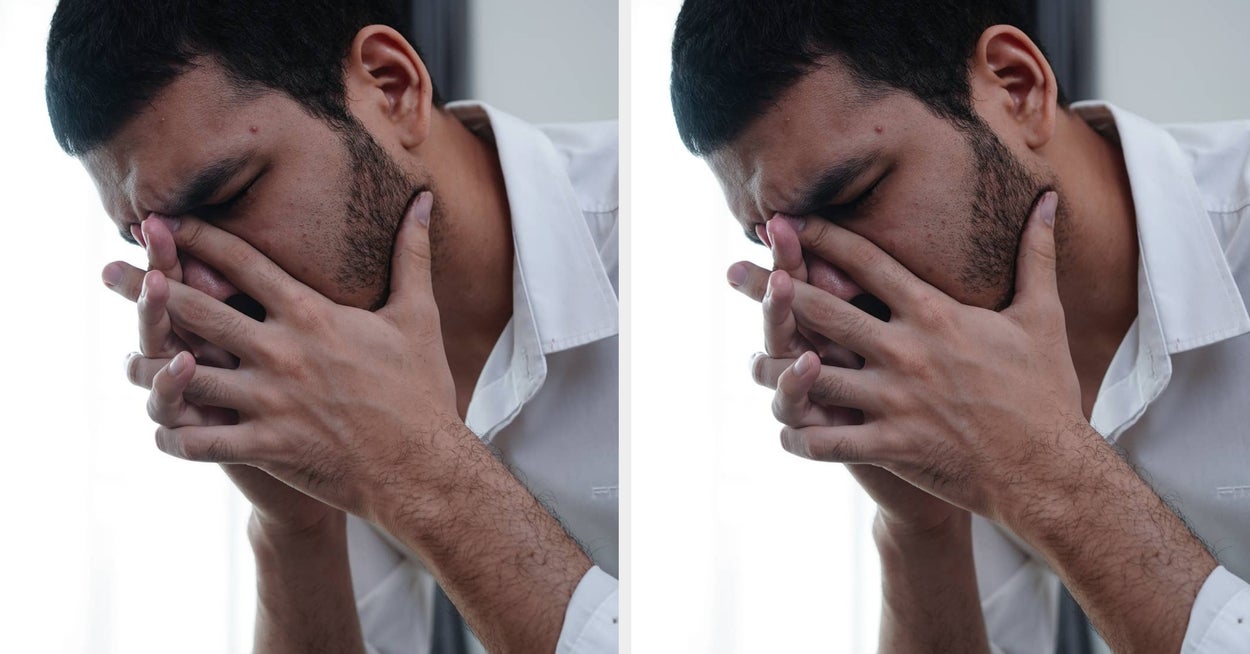I reluctantly agreed. But the best time to make consequential legal decisions is NOT during involuntary detainment with only five minutes of legal counsel. And if I was too unwell to make medical decisions, how was I somehow competent enough to waive constitutional rights? If I was well enough to make those decisions, maybe I didn’t belong there at all.
The judge, barely looking at me or my file, asked if my lithium levels were therapeutic. He asked if I’d surrendered my gun rights. He checked the boxes on his list. He still extended the TDO to 30 days, but allowed a provision for my doctor to override it, which he immediately did.
And just like that, I was discharged. No therapy. No plan. No follow-up. Just out. Still in crisis, but now disoriented, sick from the lithium, humiliated, and traumatized on top of it. I left worse than when I entered.
Now, when things get bad, when I’m sleep-deprived, when my body isn’t working right, when my thoughts start to splinter, I instinctively hesitate to tell anyone. Because now I know that honesty isn’t always safe.
What happened to me wasn’t an outlier. It wasn’t a rare failure inside a system that usually works. This IS how the system works. A system that responds to pain and suffering with containment instead of care. A system that substitutes police for therapists, and compliance for healing.
So, I’m cautious. If I end up in crisis again, the ER is the last place I would turn. Not unless someone I trust can promise me that I won’t be punished for trying to stay alive. That I won’t be criminalized for being sick. That the words I say won’t be used to take away my voice.
I didn’t end up in that facility by accident. I ended up there because I’m publicly insured, because I have a chronic illness, because I live in the wrong zip code and asked for the wrong kind of help on the wrong day of the week.
Many people, especially those already marginalized, have no trusted provider, no family support, no safety net. And for people in that position, ERs are often the only option, but also the most expensive and the least likely to provide care.
And if you’re poor, disabled, incarcerated, uninsured, a person of color, an immigrant, identify as a woman or LGBT+, or as part of any marginalized group? The chances that you’ll receive actual care drop even further.
Yet my story is not a message to stay silent, or to avoid seeking help. It’s a message to demand better helpn— and to ask for it in ways that protect your dignity.
Start with someone you trust. A partner, a close friend, a spiritual adviser. Someone who truly cares and can walk with you, literally or figuratively. If you have an established relationship with a family doctor or a mental health professional, built on trust, start there. Ask them to help you navigate, to advocate, to hold space.
Don’t be afraid to ask how providers handle mental health emergencies. Tell your loved ones and providers your wishes if you are ever in crisis. Create a “Psychiatric Advance Directive.” Put your wishes in writing. Identify who should speak for you, what medications you will or won’t accept, what facilities are off-limits. A crisis is not the time to start setting boundaries. Do it now.
There are some organizations doing it differently. If you’re struggling, The Trevor Project offers 24/7 crisis support and can help you figure out the safest route forward. Or try searching for “crisis warm lines.” These are peer-run resources — people who’ve been there, who can help you figure out where to start. No judgment. No police.
I can’t promise that your experience will be better than mine. But I can say this: You deserve for it to be. We all do.
If you or someone you know needs help, call or text 988 or chat 988lifeline.org for mental health support. Additionally, you can find local mental health and crisis resources at dontcallthepolice.com. Outside of the U.S., please visit the International Association for Suicide Prevention.
This article originally appeared on HuffPost in June 2025.

